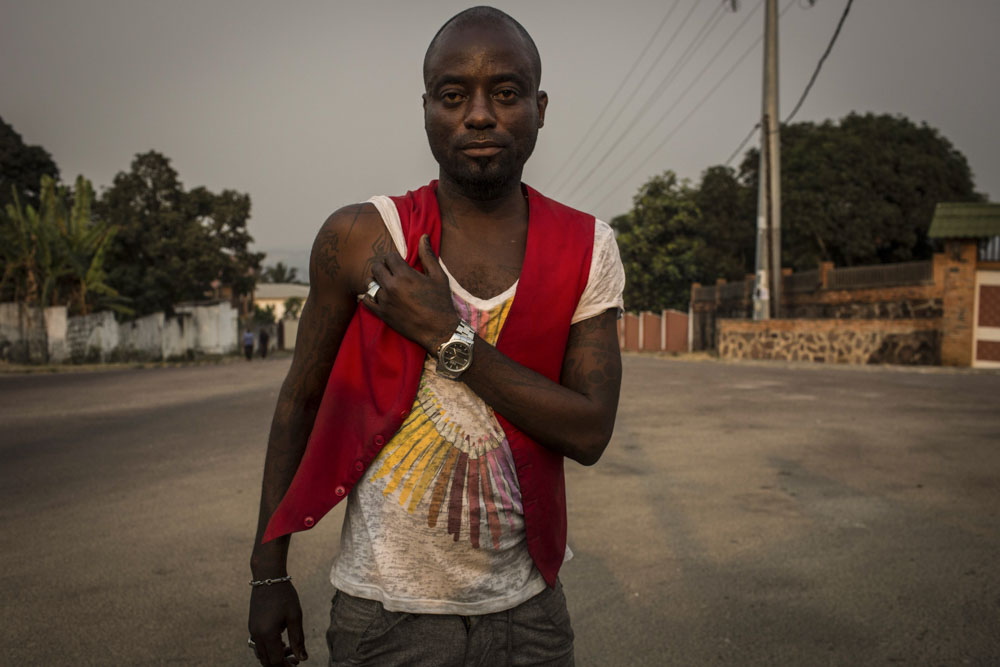TATOOS CULTURE
Goma, Democratic Republic of Congo, 2016
In the Democratic Republic of Congo, a country characterized by its dynamic political, economic, and social landscape, life can change with the blink of an eye. Yet, amidst the chaos and uncertainty, tattoos serve as permanent markers of identity and experience, etched into the skin of their bearers. Despite tattoos being generally viewed as taboo in Congolese society, where traditional norms and conservative values often dominate, they offer a unique window into the personal histories and cultural narratives of individuals.
Tattoos in the DRC are more than mere body art; they are a form of storytelling. Each design is rich with meaning, representing significant events, personal triumphs, and sometimes the scars of conflict. For many Congolese, tattoos encapsulate memories of loved ones lost, battles fought, and dreams pursued. They can symbolize resilience and defiance against the relentless tide of adversity that often sweeps through the nation. In a society where oral tradition and communal memory are highly valued, tattoos provide a visual and permanent testament to these stories.
Despite societal reservations, the practice of tattooing is gradually gaining acceptance, especially among the youth who view it as a form of self-expression and rebellion against the status quo. This growing trend reflects a broader cultural shift towards individualism and global interconnectedness. As the DRC continues to navigate its complex and often tumultuous journey, the narratives inked into the skin of its people stand as enduring symbols of personal and collective identity, offering a profound commentary on the human experience within this vibrant and resilient nation.





















